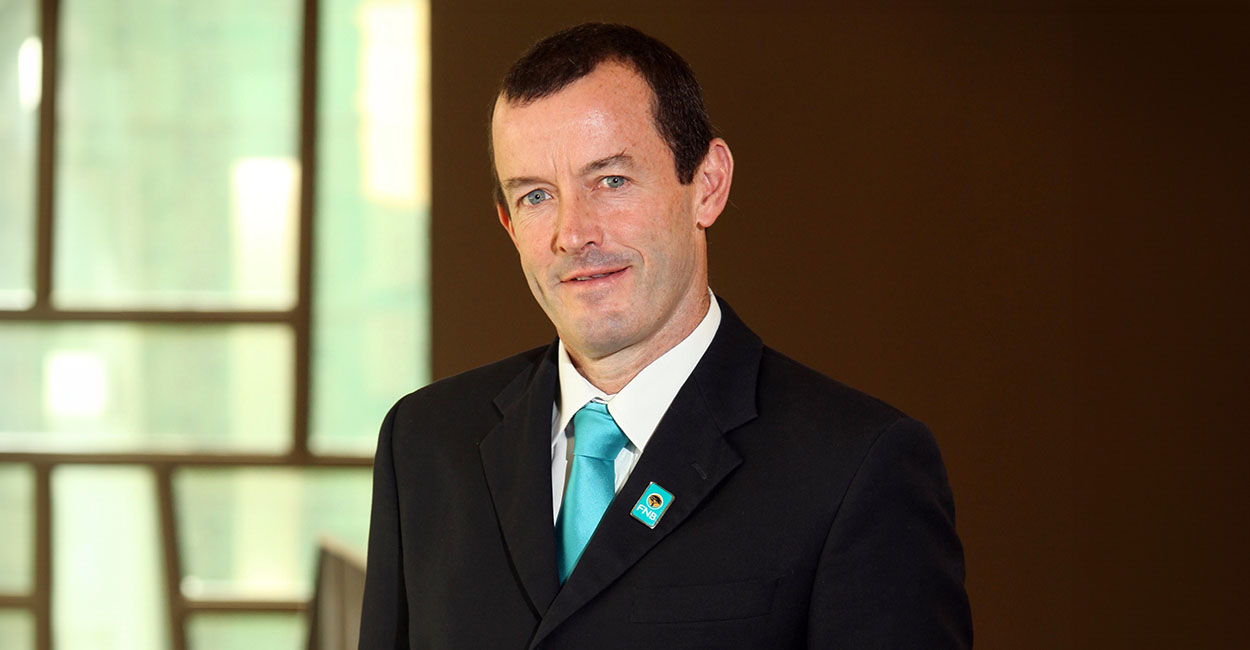MAIN IMAGE: Thato Ramaili, Acting CEO of the PPRA
Editor
It has recently come to light that, in addition to the so-called ‘accreditation fees’ many HOAs are “forcing” agents to contravene the Property Practitioner’s Act, and also penalising sellers by refusing to release clearance certificates if the agent refuses to pay either their ‘fee’, or a fine for not being registered with the estate.
We’ve written extensively about the undesirable business practice of agents paying HOA accreditation or registration fees; here’s a link to several articles: Why are agents still paying HOA fees? Rebosa opposes HOA fees for agents under any guise, and most recently, Getting fined and possibly losing your FFC – blame HOAs
What does the Act say?
For agents catching up, in terms of Regulation 35 of the PPA, arrangements in which an HOA, for example, receives money or another form of reward for providing an advantage to one agent over the other or excluding another agent is an undesirable business practice. Paying accreditation, or registration fees to a HOA definitely qualifies as an undesirable business practice.
What do the HOAs say?
HOAs have had several excuses for charging these fees, in spite of the fact that paying it would contravene the Act; predominantly, these include ‘security’ – here we refer to a letter issued by Jeff Gilmour, president of ARC (Association of Residential Communities):
8.3 HOAs cannot permit people to enter an Estate merely because they allege that they are PPs.
8.4. To control and facilitate access to an Estate, the personal details of PPs must be captured on the relevant security systems.
8.5. In many cases, the PP will be required to provide a fingerprint or to have his/her facial image recorded on the system.
8.6. This process involves an appropriate interview with the PP, which shall often include a background check and independent verification of the PP’s details.
A second reason commonly listed is ‘to ensure that a prospective purchaser/tenant is fully aware of the rules and policies of the relevant HOA’:
9.1. There is a duty upon HOAs to ensure that any prospective purchaser is made fully aware of the rules and policies of the HOA relevant to the particular Estate.
9.2. Insofar as the HOA fails to comply with this obligation, a new owner may argue that his/her contravention of the rules and/or policies is a result of ignorance on the part of the new owner, ignorance that could simply have been avoided by either the PP or the HOA.
HOAs blatantly extorting agents
While the arguments around accreditation or registration fees continue, the PPRA has recently been made aware of two estates, Centurion Golf Estate in Pretoria and Ebotse Golf & Country Estate in Benoni, the managers of which are threatening to withhold sellers’ rates clearance certificates unless the estate agent managing the sale pays a penalty fee for being ‘unregistered at the estate’.
In the case of Centurion Golf Estate, the agent received an invoice of R2,800.00, payable in order to receive the seller’s levy cancellation certificate. In the case of Ebotse, the agent was told to either pay the annual registration fee of R6,150.00, or an R5,000.00 once-off fee for the sale in question before a clearance certificate would be issued.
Jan le Roux, CE of Rebosa, states that HOAs engaging in these practices are “In fact ‘forcing’ estate agents to act in contravention of the regulation for which they will be fined and may lose their FFCs. To insist on payment of an accreditation fee or fine before issuing a clearance certificate takes this to another level. Sellers are effectively being punished in order to force agents to break the law”. Le Roux cautions HOAs engaging in these practices that the sellers who are prejudiced by these delays could well make damages claims against the HOA.
Le Roux also notes that these penalty fees seem to underscore that these fees are not for registration, education, or security as many HOAs claim, rather it’s a way to make money from agents, while placing them in an impossible position.
The PPRA response
The Property Professional has been made aware of a letter of warning by the Authority to the estate and that the Authority has reported the case to both the Competition Commission, which is already taking action, as well as the Community Schemes Ombud Service (CSOS).








